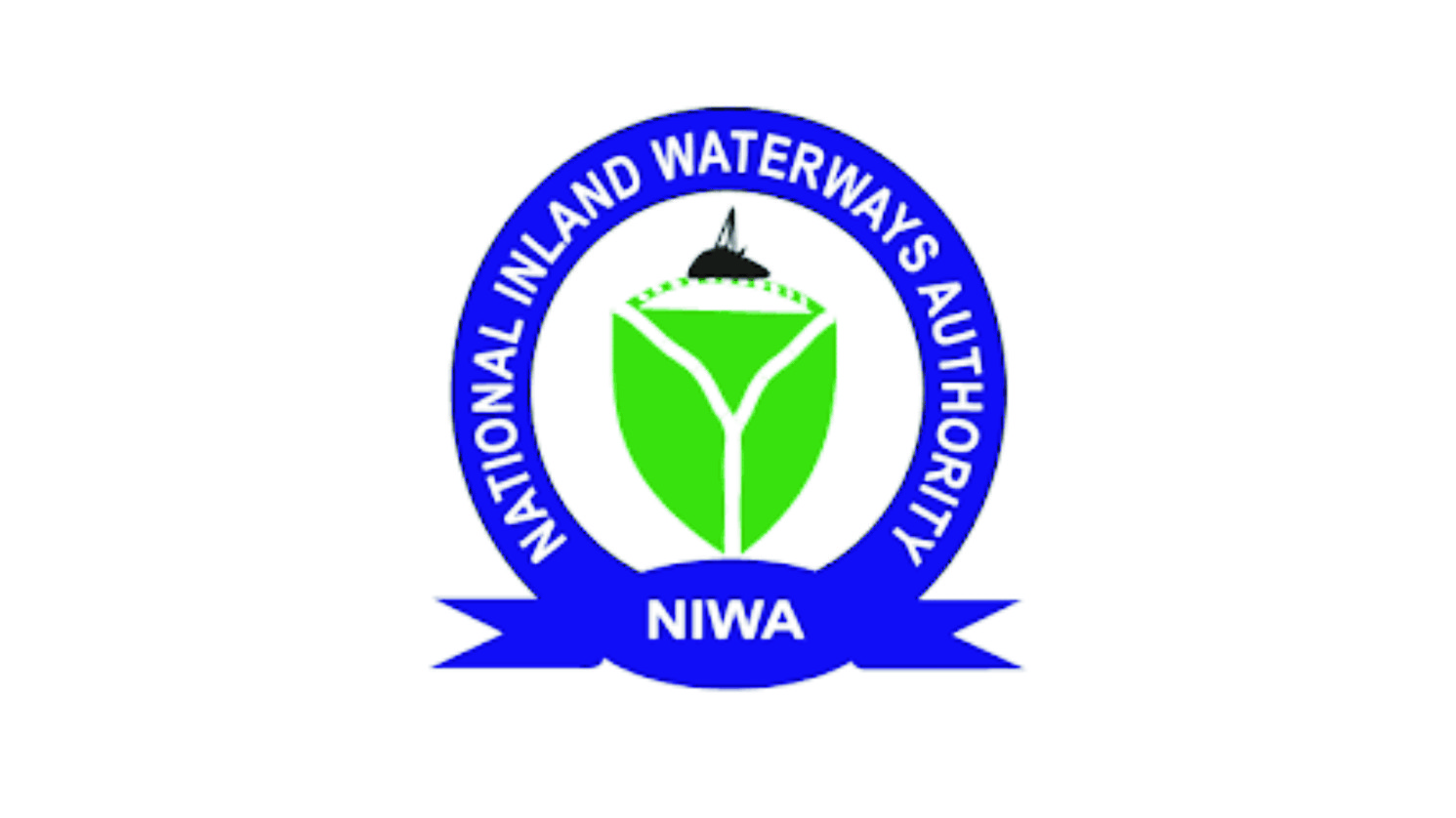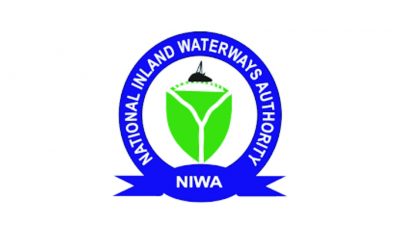Business
Blocked Lines Hit 40m Over NIN-SIM Linkage
At least 40 million telephone-lines were barred by telecommunication operators over the weekend following the expiration of the February 28, 2024 deadline issued by the Nigerian Communications Commission (NCC) mandating telecom consumers to link the Subscriber Identity Module (SIM) to their National Identity Numbers (NIMs).
This represents a 28 million increase from the 12 million telephone lines initially planned to be deactivated by telcos, following the NCC directive.
In a December 2023 notice, the NCC had asked telcos to bar SIMs that had not been linked to their owners’ NINs by February 28, 2024.
On Thursday, the NCC Director of Public Affairs, Reuben Mouka, ruled out an extension of the deadline, warning that telcos that failed to enforce the deadline would be sanctioned.
The Chairman of the Association of Licensed Telecommunications Operators of Nigeria (ALTON), Gbenga Adebayo, then disclosed to newsmen that telcos would bar 12 million lines as a result of the directive.
However, on Sunday, the ALTON Chairman revealed that the number of barred lines had risen to 40 million, noting that SIMs without NIN were included in the number.
“I can tell you that over 40 million lines have been blocked and the affected customers are those who didn’t submit their NIN at all. Some persons have not presented any NIN to operators.
“They haven’t registered their SIMs or participated in the harmonisation programme. They simply haven’t made any presentation of the NIN number to their operators and those were the persons blocked.
“So, why is the number so alarming despite repeated warnings? It shows many people still communicate but are not registered”, he said.
In the December 2023 notice, the NCC had also asked the Global Satellite Mobile Communications operators to bar SIM holders whose NINs have been submitted but not verified by March 29, 2024, and interdict those who have less than five lines linked to an unverified NIN by April 15, 2024.
The Federal Government had, on December 16, 2020, introduced the SIM-NIN synchronisation initiative meant to enable security agencies to track criminals.
The synchronisation involves validating the NIN with the National Identity Management Commission (NIMC) and matching the subscribers’ NIN records with the SIM registration information (verification) to ensure proper subscriber identification.
However, Nigerians raised questions on why security agencies have not used the SIM-NIN linkage to track criminals, especially bandits and kidnappers, who often use mobile telephone lines to speak with victims’ families during ransom negotiations.
Presently, there are 224.7 million active mobile telephone lines in the country, according to the information released by the NCC on its website.
On Sunday, the ALTON Chairman did not give the breakdown of subscribers or SIMs that were deactivated by telcos over the weekend.
He said, “No, we currently don’t have the breakdown of disconnected lines per network right now, but I know over 40 million lines have been deactivated”.
Adebayo further hinted that another series of disconnections would be implemented by the end of the month and mid April.
“The second tier of disconnections that will happen are those who have provided NIN but have more than five Mobile Subscription Identification Numbers associated with their NIN, and these have not been verified.
“This is because some have differences in the order of their names, and some have differences in their date of birth. The information provided to the operator when they did the SIM registration is different from what they provided (to NIMC) when they did their NIN.
Business
NIMASA Commits To Creating Enabling Environment For Maritime Business

Business
FG Inaugurates Special Committee Against Boat Accident

Business
LASG Arrests Illegal Dredgers … Issues Stop Work Order
-
Business4 days ago
Health Commissioner Tasks New Employees On Professionalism
-
Sports4 days ago
‘I Must Win Trophy Before Retirement’
-

 News4 days ago
News4 days agoReps Order MultiChoice To Suspend Subscription Hike
-

 Business4 days ago
Business4 days agoFG Inaugurates Special Committee Against Boat Accident
-
Niger Delta4 days ago
Tech, Gadget Dealers Protest Incessant Burglary In Calabar
-
News4 days ago
Don Tasks Varsities On Artificial Intelligence
-
Business4 days ago
NCDMB, APPO Recommits To African Local Content Development
-
Sports4 days ago
Onyedika Not Sure For Super Eagles W’C Qualifiers

